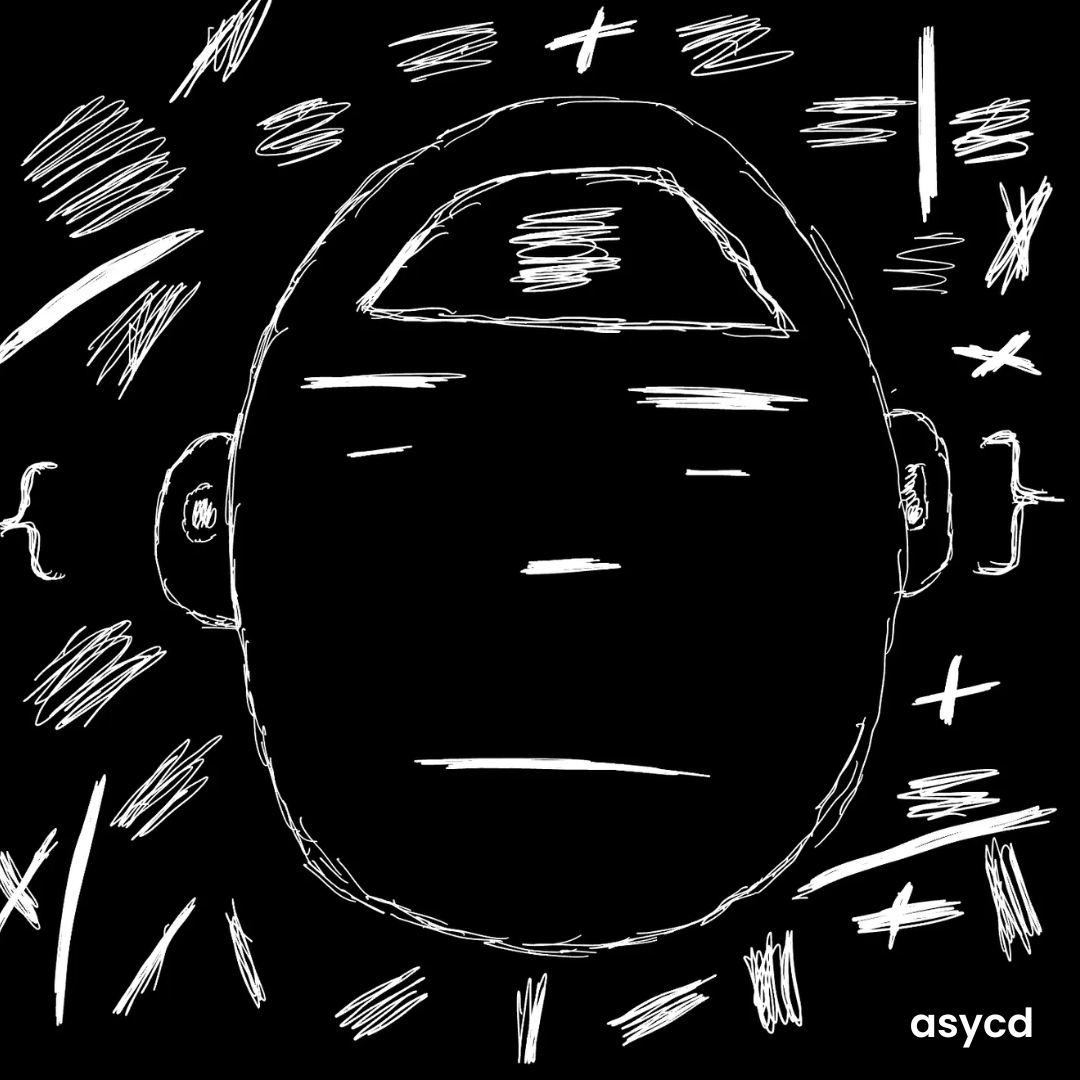Your Mind is Blank?
“Blank Mind” Source: Myself
Abstract
“A set containing a collection of all sets not containing themselves does not include the set itself”
Imagine you put everything you own inside a duffle bag. Would you also put your duffle bag inside itself because you own that? Maybe a flimsy example because you change it to someone else’s bag and it’s not a complication at all.
This is the category of problem that Russell’s paradox reflects in real-life. Obviously, it is not a real problem because nobody lets a contradiction stop them from putting all their stuff in a bag. If someone, was conscious of the contradiction they might put their duffle bag inside when packing. Where would they be packing into then?
What if you had a set representing all your thoughts and you had black mind syndrome, would you have a thought as a consequence of having no thoughts? A real-life example of Russell’s paradox!
Russell’s Paradox
“A set containing a collection of all sets not containing themselves does not include the set itself”
The statement above is the basis for Russell’s paradox.
It started in 1901 when Russell found the paradox and wrote a letter to Gottlob Frege in 1902. Russell had found an inconsistency in Frege’s axiomatic system of set theory.
Frege employed the comprehension principle to construct a set of all sets. The comprehension principle basically allows for the construction of a unique set containing elements that hold a unique property.
Notation for a set of all sets would be the following:
The unrestricted nature leads to difficulties, contradictions.
Russell observed that Frege’s principle allowed for a set to be the collection of sets that do not belong to themselves. For instance, A = {1,4,7} is a set not containing ‘A’ so we say that A is not an element of its own set. A set containing a collection of sets of this nature is denoted:
The question is: Is S an element of S? The set containing sets that do not belong to themselves?
Yes and No is the answer.
If S is in S, the description of the set S tells us that it is not in S. On the other hand, if S is not in S, then it satisfies the description of the set S making it an element of S. This contradiction is what the paradox is!
sourced from Facebook
Now consider real-life ‘issues’ like black mind syndrome. Are you actually experiencing a thought as a consequence of having none?
Black Mind Syndrome
Your mind going blank is a common occurrence for most people but a select few have experienced extreme cases of having no thoughts.
It is said to be a feature of depersonalisation as a response to trauma which makes sense. It may be easier for the mind to just shut off instead of dealing with difficult thoughts and emotions.
When it switches off, there is a lack of mental chatter and effectively no thoughts are produced from stimuli. The mind is blank but not really. Many victims claim this is the case because they recognize when it occurs but the recognition of the said symptom suggests there is in fact a thought. The thought that your mind appears blank!
However, despite the logic above, many people in forums online describe the symptoms in great detail and are convinced they have the syndrome.
It’s confusing but such is the mind and Russell’s paradox which exhibits the same in-and-out, yes and no property.
“blank mind syndrome” from the pure souls collection






